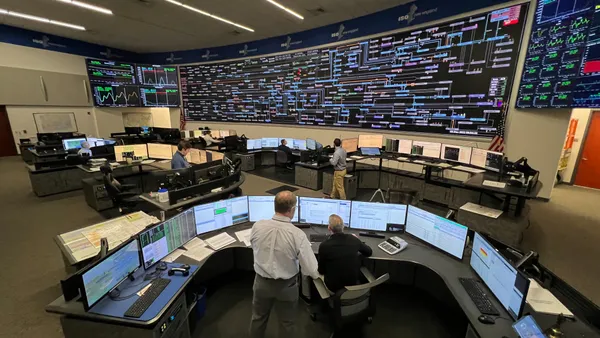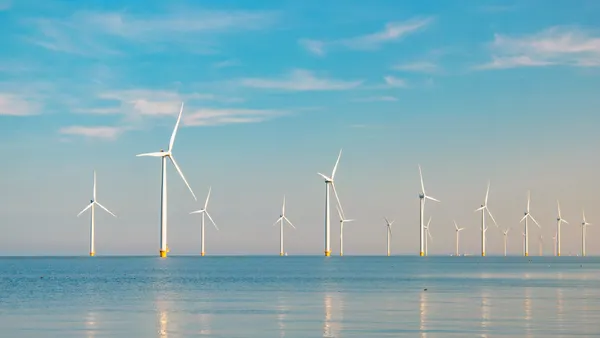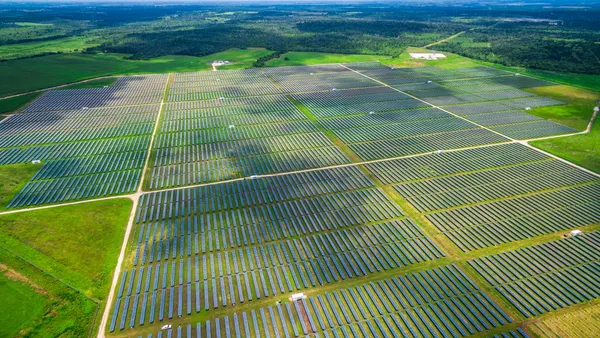Dive Brief:
- South Dakota is considering legislation to standardize how the state's utilities calculate their avoided cost of generation in an effort to bring more clarity and transparency to how customers with solar panels on their homes are compensated, Midwest Energy News reports.
- South Dakota is one of a few states who compensate solar customers with just the avoided cost of generation, and advocates say that can be difficult for panel owners to ascertain and understand because utilities calculate it differently.
- House Bill 1216 would direct utilities to account for avoided costs by including and making available certain factors, including the value of the energy and the energy's delivery, the value of the generation capacity, and the value of transmission capacity and avoided transmission line loss.
Dive Insight:
South Dakota utilities pay the avoided cost for solar customers, but just what that rate is will vary depending on your power company. According to Midwest Energy News, avoided costs rates from five utilities around the state can vary from 2.78 cents/kWh to 4.33 cents/kWh during peak hours.
“The avoided cost has been hashed out in Public Utilities Commission rate cases for individual" utilities, Don Kelley, chairman of Dakota Rural Action, told the news outlet. "There's no uniform policy on avoided cost rates.”
HB 1216 would direct utilities to use a unified methodology for determining avoided costs, including the value of "any system installed at a high-value location on the distribution grid," along with the value of the generation, transmission access and line loss.
Utilities can consider other factors as well, but the legislation states "if the values and methodology used for determining those values are deemed confidential by the commission, the commission shall make the values and methodology available to any customer of that public utility upon the request of the customer."
The bill's sponsor, Rep. Paula Hawks, told the news outlet that the goal is for people to "know they're getting the same rate whether they're in the Black Hills or in eastern South Dakota.”
Leah Mohr, spokeswoman for the PUC, told Midwest Energy News that all parties can offer their perspectives informally or formally as an intervenor on how to set the avoided-cost rates. But, “in recent times no parties have exercised that right and appeared as intervenors to challenge jurisdictional utility avoided-cost filings.”














